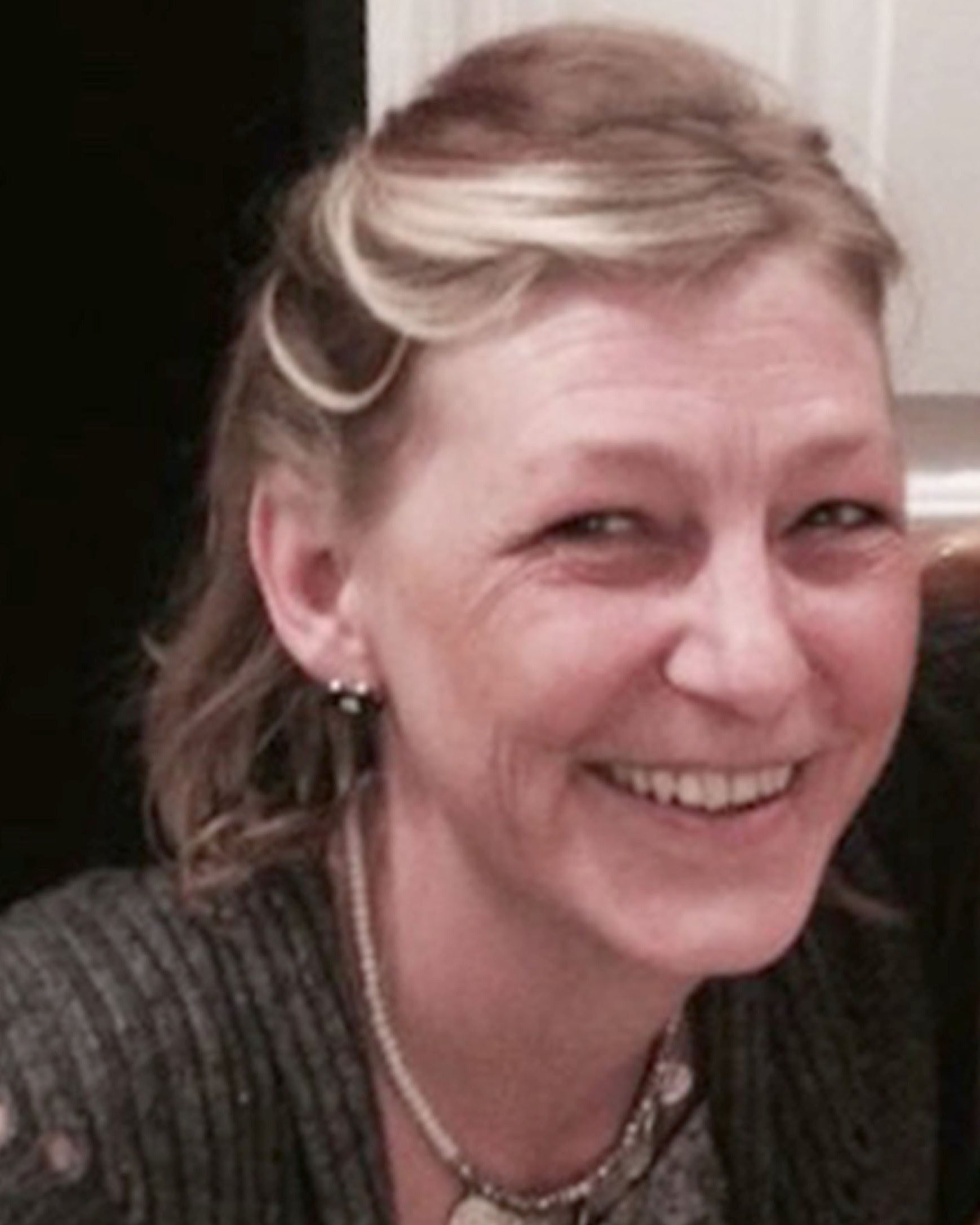Salisbury attack inquiry will establish whether British government was right to name Russia responsible
Family of victim Dawn Sturgess express concern as no date yet set for public inquiry to start


A public inquiry into the Salisbury novichok attack aims to establish whether the British government was “right or not” to name the Russian state responsible, its chair has said.
It will look at the events leading up to the death of Dawn Sturgess, who was poisoned almost four months after the attempted assassination of Sergei Skripal in March 2018.
Lord Hughes, the former Supreme Court judge leading the probe, said “a good deal of sensitive material” from police and the security services would have to be considered in closed hearings.
When a lawyer representing victim Sturgess’ family said that the government had been in a “strong position to make public statements” on responsibility for the attack in 2018, the chair replied: “Part of my function is to find out if they were right or not.”
A week after the Skripal poisoning, then prime minister Theresa May told parliament they were “poisoned with a military-grade nerve agent of a type developed by Russia”.
“The government has concluded that it is highly likely that Russia was responsible for the act against Sergei and Yulia Skripal,” she added.
The Kremlin has consistently denied involvement and Russian state media aired an interview with two alleged GRU agents accused of carrying out the poisoning, who claimed they had been in Salisbury on the day to visit the cathedral “famous for its 123-metre spire”.
The public inquiry has been repeatedly delayed because of security issues around the evidence that led the Metropolitan Police to accuse the two men and a third Russian spy of orchestrating the poisoning of Mr Skripal.
The former double agent and his daughter Yulia survived the initial novichok attack, but Ms Sturgess died in July 2018 after being poisoned with the same nerve agent.
Police said her partner, Charlie Rowley, had recovered a counterfeit perfume bottle containing the substance that had been discarded in Salisbury and gave it to the 44-year-old mother as a gift.
The inquest into her death was converted into a public inquiry last year, because of the need for powers to consider sensitive material in closed hearings.
But a date has not been set for the inquiry to start and Ms Sturgess’ relatives have expressed frustration at the delay.

Michael Mansfield KC, representing the family, said they were “concerned” that there had not been any date set for the full inquiry to start, and that it may not be until 2024.
“We ask that pressure be placed on everybody and if there is a need for more resources perhaps now is the time to indicate that,” he told Friday’s hearing at the Royal Courts of Justice.
“Appreciating, as the family do, the national security issues and the amount of work being put in, they would emphasise the time lapse is already considerable.”
The previous chair of the inquiry, Baroness Heather Hallett, had to be replaced after she was appointed to lead the national Covid inquiry last year and she warned Priti Patel of “unnecessary delay” in September 2021.
Andrew O’Connor KC, counsel to the inquiry, said work had sped up after the government dropped demands for a “preliminary security review” of documents before police could hand them to the inquiry’s legal team.
“The process has become unblocked,” he said. “Whereas before we were receiving very small numbers of documents for review, now we are receiving their material in very significant volumes.”
Mr O’Connor said 23,000 documents and items had been reviewed so far but that thousands more were expected.
Cathryn McGahey KC, representing the government, said it recognised the urgency but did not want to risk the sharing of material that could enable a “hostile state or terrorist to prepare another attack”.
“There has been no delay in the sense of needlessly wasted time but the process of disclosure does take time and careful thought,” she added.
Lord Hughes said the ongoing disclosure process between different parties in the inquiry meant that he could not yet name a date for full hearings to start.
He said a timetable would be set at the next preliminary hearing, due in late March 2023, and that hearings were likely to be split between Salisbury and London.
Two GRU agents, Anatoliy Chepiga and Alexander Mishkin, were charged with launching the attack on Mr Skripal in September 2018, but had flown back to Russia immediately after the attempted assassination.
A third GRU agent was charged in September 2021. Denis Sergeev, who travelled to the UK under the alias Sergey Fedotov, is believed to have commanded the two GRU agents who carried out the poisoning from a London hotel.
The men are subject to Interpol red notices and European Arrest Warrants, but the prospect of them leaving Russia or being extradited appears slim as the Kremlin continues to deny any involvement.
Join our commenting forum
Join thought-provoking conversations, follow other Independent readers and see their replies
Comments


Bookmark popover
Removed from bookmarks